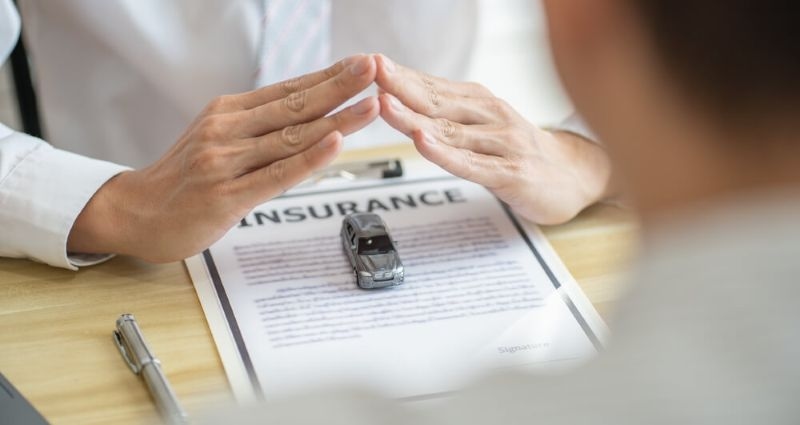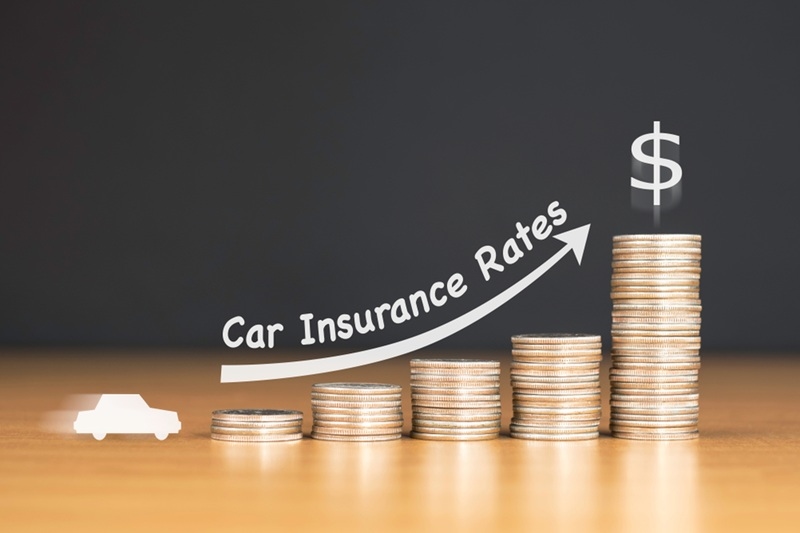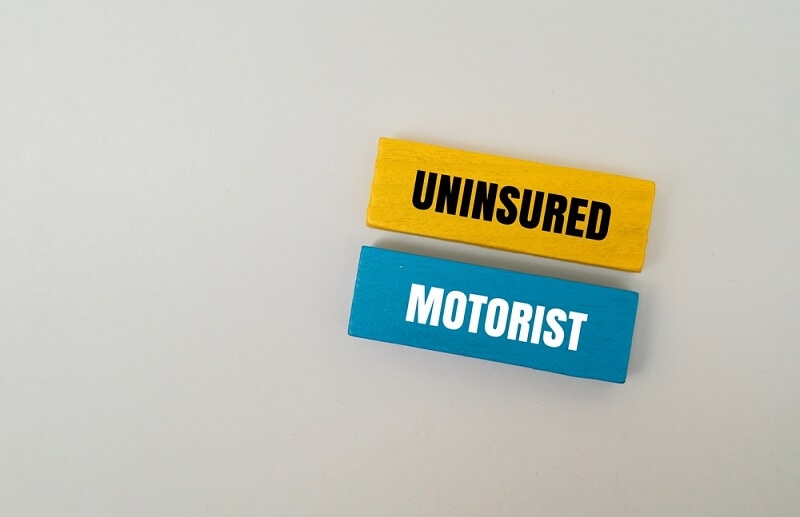The Essential Guide to Car Insurance in Texas: Quick Tips
The Essential Guide to Car Insurance in Texas: Quick Tips


Driving in Texas is no easy feat. With so many cars on the road, it's important to make sure you're properly insured to protect yourself, your car, and other drivers. Car insurance in Texas is essential, and this guide will take you through all the information you need to know to make sure you're properly covered.
Understanding Car Insurance in Texas
Car insurance is a must in Texas, and it's important to understand exactly what it covers. Car insurance in Texas is meant to protect you, your vehicle, and other drivers in the event of an accident. It covers you against the cost of injuries and property damages that occur as a result of an accident you may have caused. It also helps you to avoid financial ruin if you are liable for an accident.
Car insurance in Texas typically consists of three main types of coverage: liability, collision, and comprehensive. Liability covers you for costs related to bodily injury or property damage you may have caused in an accident. Collision covers damage to your car, regardless of who is at fault. Comprehensive coverage pays for damage to your car caused by anything other than a collision, such as theft, fire, or vandalism.
Why You Need Car Insurance in Texas
Texas law mandates automobile insurance, which also serves as financial protection in the case of an accident. Without auto insurance, you can be liable for any damages you cause, which could get very expensive very quickly. In addition, if you are determined to be at blame for an accident, you may be responsible for any additional expenditures, such as medical bills, that go over your insurance limits.
In the case of an accident, Texas auto insurance also gives peace of mind. Driving with confidence can be aided by knowing that you are protected by insurance. It also saves you the trouble of going through the drawn-out procedure of making a claim without insurance.
Types of Car Insurance in Texas
As mentioned previously, car insurance in Texas typically consists of three main types of coverage: liability, collision, and comprehensive.
Liability Coverage: Liability coverage is the most common type of insurance in Texas. It pays for any damage or injury you may cause to another person or their property while driving. It is important to make sure you have enough coverage in case of an accident.
Collision Coverage: Collision coverage pays for damage to your own car, regardless of who is at fault. This type of coverage is optional, but it can be beneficial if you have an older car or if you are worried about the cost of repairs in the event of an accident.
Comprehensive Coverage: Comprehensive coverage pays for damage to your car caused by anything other than a collision. This includes theft, fire, vandalism, and more. This type of coverage is not required, but it is recommended if you want to be fully covered.
How Much Car Insurance Do You Need in Texas?
The amount of car insurance you need in Texas depends on your situation and your budget. Generally, you should have enough coverage to protect yourself in the event of an accident. This means having enough liability coverage to cover any costs related to injuries or property damage you may cause, and enough collision and comprehensive coverage to cover the cost of repairs to your own car.
It is important to shop around and compare policies to make sure you are getting the best coverage for your money. Each company offers different coverage levels and discounts, so it is important to research what is available before making a decision.
Additional Types of Car Insurance in Texas
In addition to the three main types of coverage, there are also other types of coverage available in Texas.
Uninsured/Underinsured Motorist Coverage: This coverage protects you in the event that you are hit by an uninsured or underinsured driver. It can help to cover the cost of repairs or medical bills if you are injured in an accident.
Personal Injury Protection: Personal Injury Protection (PIP) is a type of insurance that pays for medical expenses related to an accident, regardless of who is at fault. This type of coverage is optional, but it can be beneficial if you are worried about the cost of medical bills after an accident.
Medical Payments Coverage: Medical payments coverage pays for medical expenses related to an accident, regardless of who is at fault. This type of coverage is optional, but it can be helpful if you are worried about the cost of medical bills after an accident.
Common Car Insurance Discounts in Texas
Car insurance companies in Texas offer a variety of discounts to help you save money on your premiums. Many companies offer discounts to drivers who have a clean driving record. If you insure more than one car with the same company, you may be eligible for a discount.
Many companies offer discounts to students who maintain good grades. Taking a defensive driving course can help you qualify for a discount.
How to Find the Best Car Insurance in Texas
Finding the best car insurance in Texas can be a daunting task. However, there are a few things you can do to make sure you are getting the best deal.
First, it is important to research different companies and compare their policies. Each company offers different coverage levels and discounts, so it is important to make sure you are getting the best coverage for your money.
Second, it is important to read the fine print. Make sure you understand all the details of the policy before you commit to a company.
Finally, it is important to shop around. Don't be afraid to negotiate with different companies to get the best rate.
How to File a Car Insurance Claim in Texas

If you are ever in an accident, it is important to know how to file a car insurance claim in Texas.
First, you should contact your insurance company as soon as possible after an accident. They will provide instructions on how to proceed with the claim.
You should gather all the necessary documents and information. This includes any police reports, photos of the accident, and medical bills.
You should then submit the claim to your insurance company. They will review the information and determine if you are eligible for a claim.
Finally, you should keep track of the claim process. Your insurance company should keep you updated on the status of your claim.
What to Do If You Cannot Afford Car Insurance in Texas
If you cannot afford car insurance in Texas, there are a few options available.
First, you can try to qualify for a low-cost program. Many companies offer programs for low-income drivers that can help make insurance more affordable.
You can apply for a payment plan. Many companies offer payment plans that allow you to spread out the cost of your insurance over a period of time.
Finally, you can look into other forms of transportation. If you can't afford car insurance, you may be able to switch to public transportation or ride-sharing services.
Resources for Car Insurance in Texas
If you are looking for more information on car insurance in Texas, there are a variety of resources available.
The Texas Department of Insurance is the state agency responsible for regulating insurance companies. They provide information on insurance laws and regulations, as well as consumer resources. The Insurance Council of Texas is an organization that provides consumer education and advocacy. They provide information on insurance regulations and consumer rights.
Your local Better Business Bureau is a great resource for finding reliable and trustworthy insurance companies. They provide ratings and reviews of different companies.
Conclusion
In Texas, having car insurance is a must, so be sure you have adequate coverage. From knowing the many types of coverage to locating the best discounts, this article will teach you all you need to know about auto insurance in Texas. With the help of this manual, you may be certain that you are protected appropriately and can safely navigate Texas's highways.
This content was created by AI



